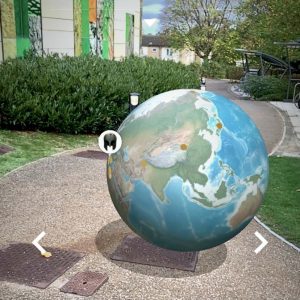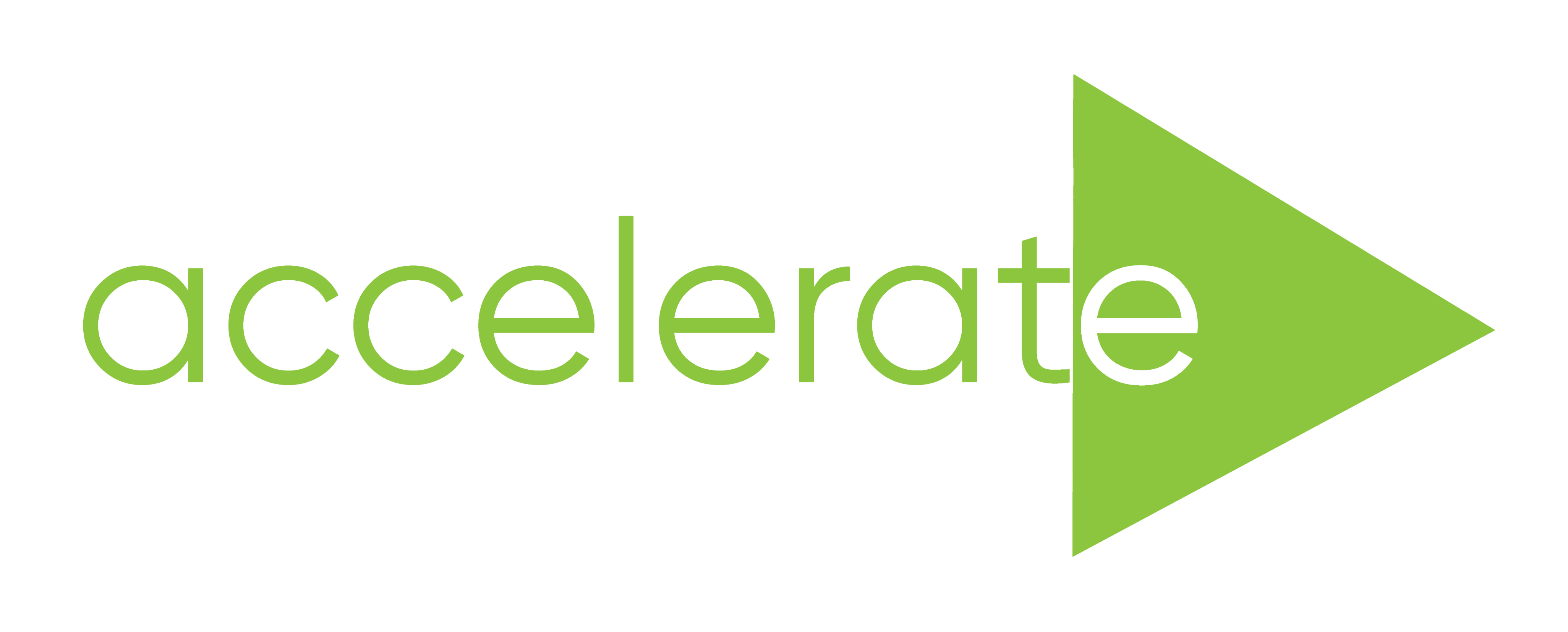Case Study - BSU & UAL

Institutional and Course Overview:
Bath Spa University offers pre-degree study, undergraduate postgraduate degrees in a wide range of subjects. We are a teaching-led university with an emphasis on teaching of the highest quality.
At Bath Spa University, in 2022/23 Dr Freeman led a brand-new undergraduate 20 credit Level 6 module on Immersive Media, representing the first time that both immersive technologies have been a central focus on the university’s BA (Hons) Media Communications degree and the first time that Freeman had taught this topic. This module partners with Immersive Promotion Design, Freeman’s in-house immersive marketing consultancy that supports VR and AR creatives to better communicate with their audience about the magic of immersive media technology.
Dr Matthew Freeman is Research Lead in Film & Media at Bath Spa University, where he is also the Course Leader for the BA (Hons) Media Communications degree. Matthew is the author/editor of nine books on topics ranging from transmedia storytelling, media industries digital marketing and immersive media and audiences. Beyond academia, Matthew is the founder of Immersive Promotion Design, an R&D-led marketing consultancy for the immersive sector that supports virtual and augmented creatives and businesses to broaden their audiences by better communicating the magic of their immersive experiences.
Introduction to Pairing:
As part of the development of the Case Study, consultation with University of the Arts London colleagues involved online discussions and at Accelerate events about the pedagogic potentials of immersive technologies. Specific discussions involved a focus on augmented reality (including the sharing of projects led by each institution) as well as the value of Mozilla Hubs in teaching and learning. These discussions fed into the design of the module.
The module is Level 6 (20 credits) and aims to equip students to harness immersive media such as virtual and augmented reality as emerging forms of media communication and inclusive audience development. The immersive industry is growing at a fast pace, with over a billion augmented reality (AR) users and 200 million virtual reality (VR) users worldwide. In a communications setting, particularly, research tells us that consumers are far more likely to respond to advertising that makes use of immersive technologies as part of their marketing strategy. At the same time, the likes of VR and AR have proven to offer more inclusive ways of engaging media audiences. In response, this module provides an understanding of the emerging role of these kinds of immersive technologies across the contemporary creative and cultural industries, based on the latest research and cutting-edge R&D emerging from Bath Spa University’s multi-million-pound innovation projects: The South West Creative Technology Network, the Bristol+Bath Creative R+D Partnership, and MyWorld. The module equips students to create augmented reality content, utilising open-source digital tools. Students will gain an added insight into the behaviours of immersive and creative technology audiences, learning innovative and research-informed strategies for communicating new ideas through new forms of immersive media technologies. As part of the delivery of the module, students are also given the opportunity to experience a lecture and workshop inside Mozilla Hubs, an open-source immersive platform, as well as to try out top of the range Oculus VR headset (as provided through the Accelerate project).
Case Study: Bath Spa University & University of the Arts, London
Author: Dr Matt Freeman (in consultation with Darryl Clifton & Matt Hawkins, UAL).
Subject: Immersive Media Module for BA (Hons) Media Communications
Title: A Beginner’s Guide to Teaching (with) Immersive Technologies
Aims: To consider and recommend effective pedagogic practices for teaching a module both about and with immersive technologies, specifically for the benefit of lecturers looking to experiment with these technologies for the first time.
Overview: This case study embeds a 20 credit Immersive Media Module into the curriculum of a BA (Hons) Media Communications course for Level 6 students. The methodology is based on standard module design principles combined with approaches from practice-based research to inform the proposed summative assessment item. It includes module plans, assessment criteria, and useful workshop tasks relevant to educators across a range of creative subjects. The case study provides evaluations evidencing the benefit of Mozilla Hubs for teaching and learning; information on immersive technology-led summative assessments; and key recommendations for effective pedagogic practices for teaching a module both about and with immersive technologies for the benefit of lecturers and students new to these technologies.
Immersive Technology: Mozilla Hubs, AR Adobe Aero and Oculus VR headsets
Participants: Level 6 Students
